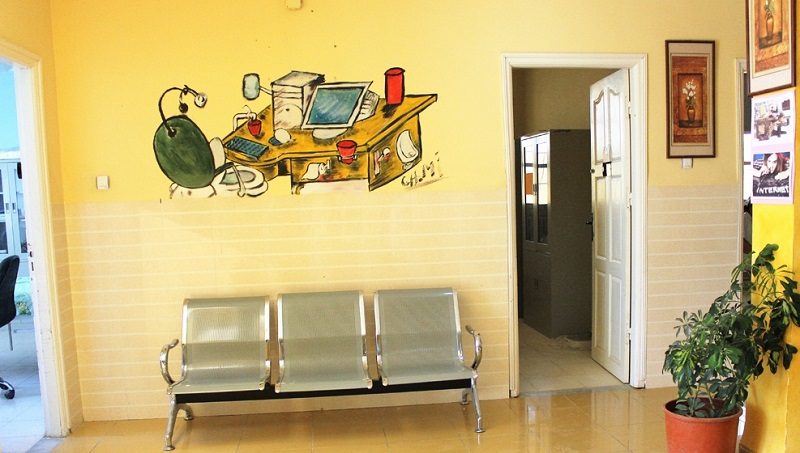Algeria Opens First Internet Addiction Clinic
Ashley Allen / 8 years ago

Psychologist have opened the first clinic to treat internet addiction in Constantine, Algeria. The Bachir Mentouri clinic specialises in treating patients who are addicted specifically to social media, and has already seen over a hundred people, ranging between 15 and 40 years-old, since it opened its doors a few months ago.
“When talking about addiction, people usually think about tobacco, drugs or alcohol dependency,” Dr Hakima Boualem, Head of the medical staff of the addiction treatment centre, told Al Jazeera. “But, for some, the fight is with internet – especially the ‘magic blue’ of Facebook.”
While Algeria is behind many developed countries in its internet adoption – 3G internet only arrived in the country three years ago – and its coverage is relatively low, with around 32.8% of the 40 million population using the internet, many who do use the technology have found their usage spiralling out of control.
“Algeria is experiencing what developing countries have been facing for a few years: the flip side of the internet,” Dr Raouf Bougouffa added. “An increasing number of internet users are losing control.”
While the diagnosis of internet addiction remains controversial – there is no formal definition for the condition – the doctors of Bachir Mentouri are concerned about its spread across Algeria.
“Their addiction is real and sometimes troubling,” Sihem Hemadna, a psychologist at the centre, said.
The symptoms of internet addiction are not just psychological; the stress upon the body of being hunched over a computer or holding a smartphone tends to manifest in musculoskeletal problems and physical signs of withdrawal.
“Most of them suffer from back pain, red eyes and headaches,” Hemadna said. “Actually, they share many symptoms with hardcore drug addicts. When not able to go online, web fanatics feel fidgety and can show aggressiveness or anxiety.”
The effectiveness of treating internet addiction is not yet proven, and the staff at Bachir Mentouri advocate further research into the issue. “We are flying blind because we have done little research about this new ailment,” said Berkat.



















